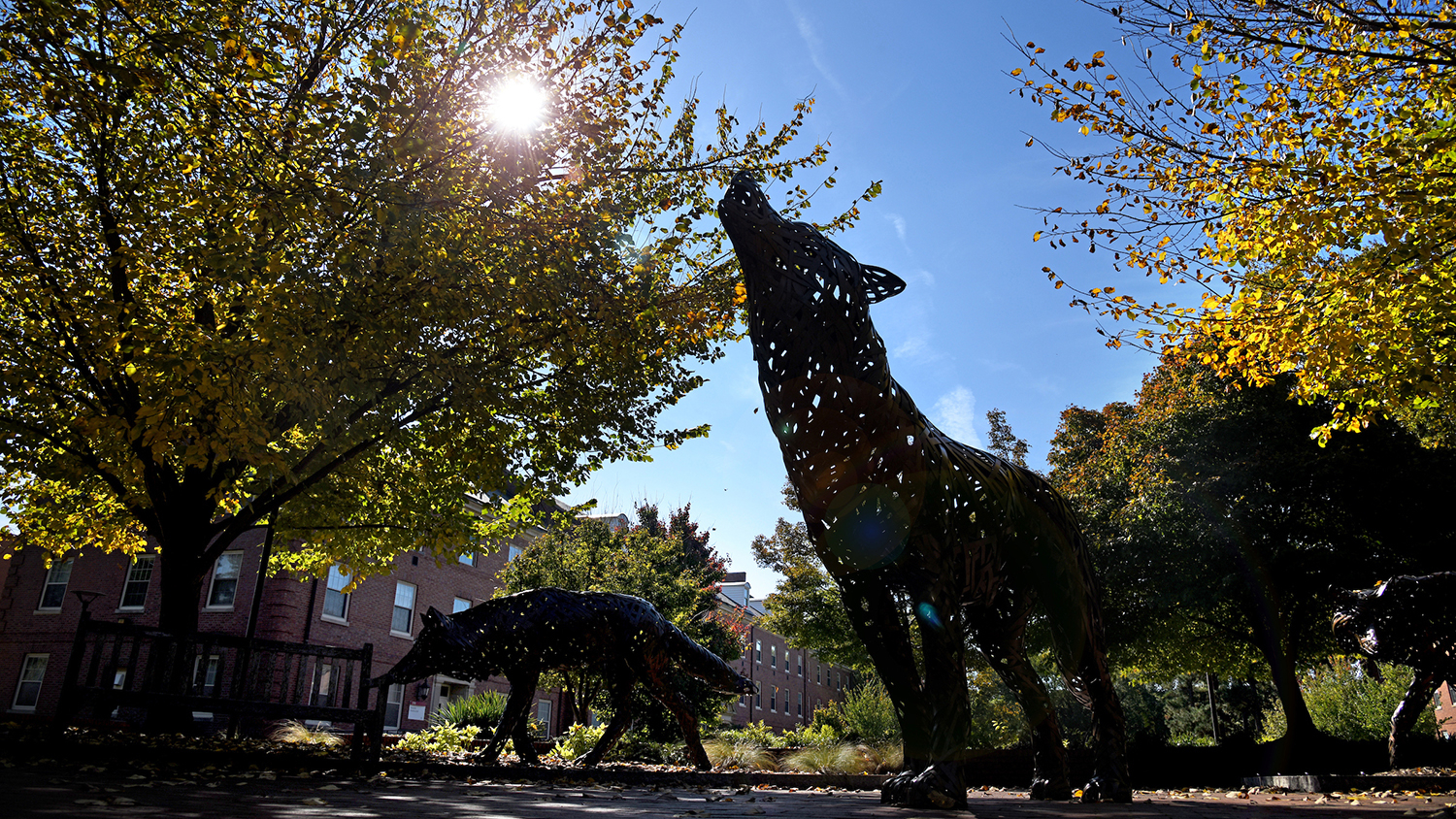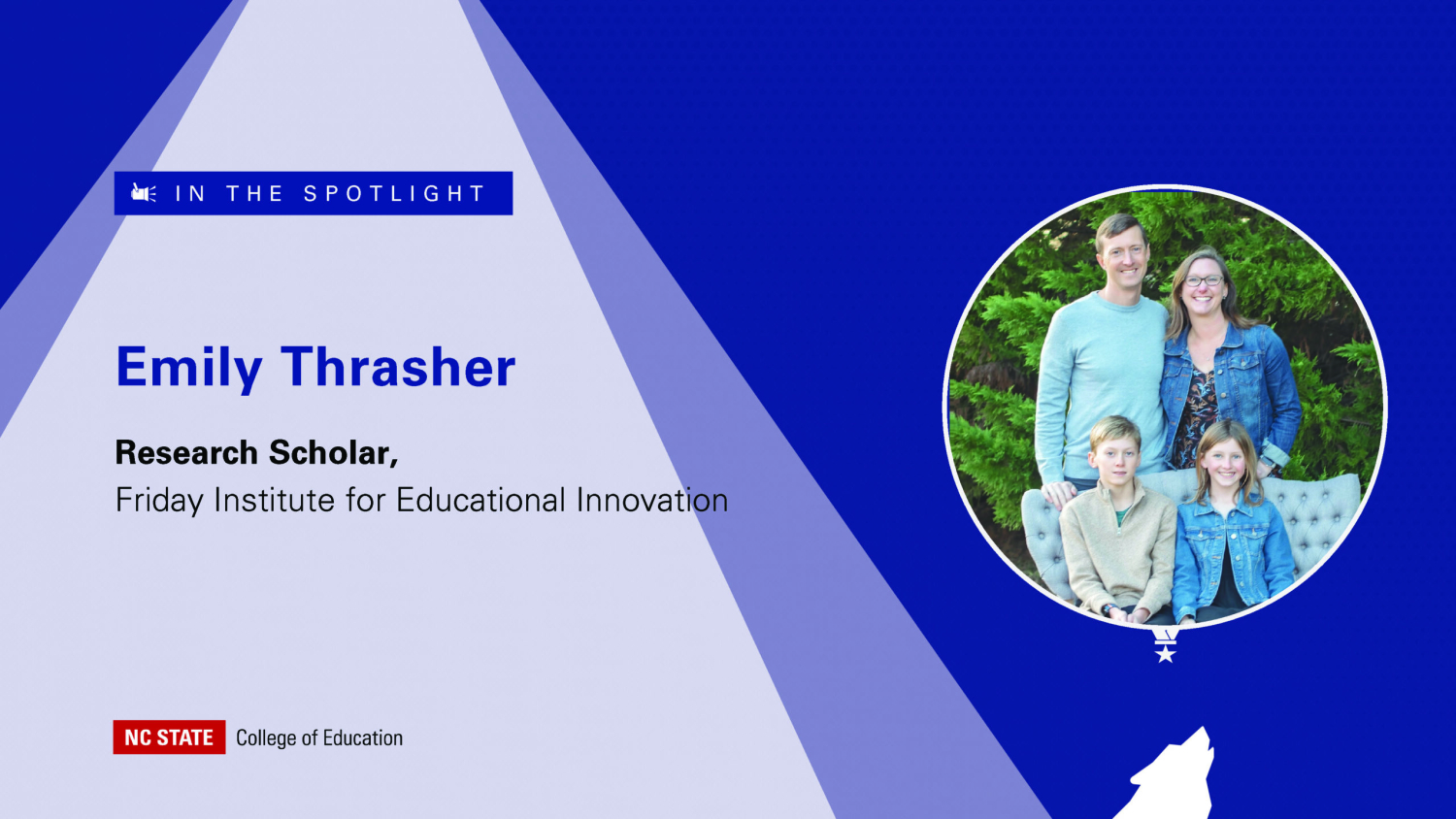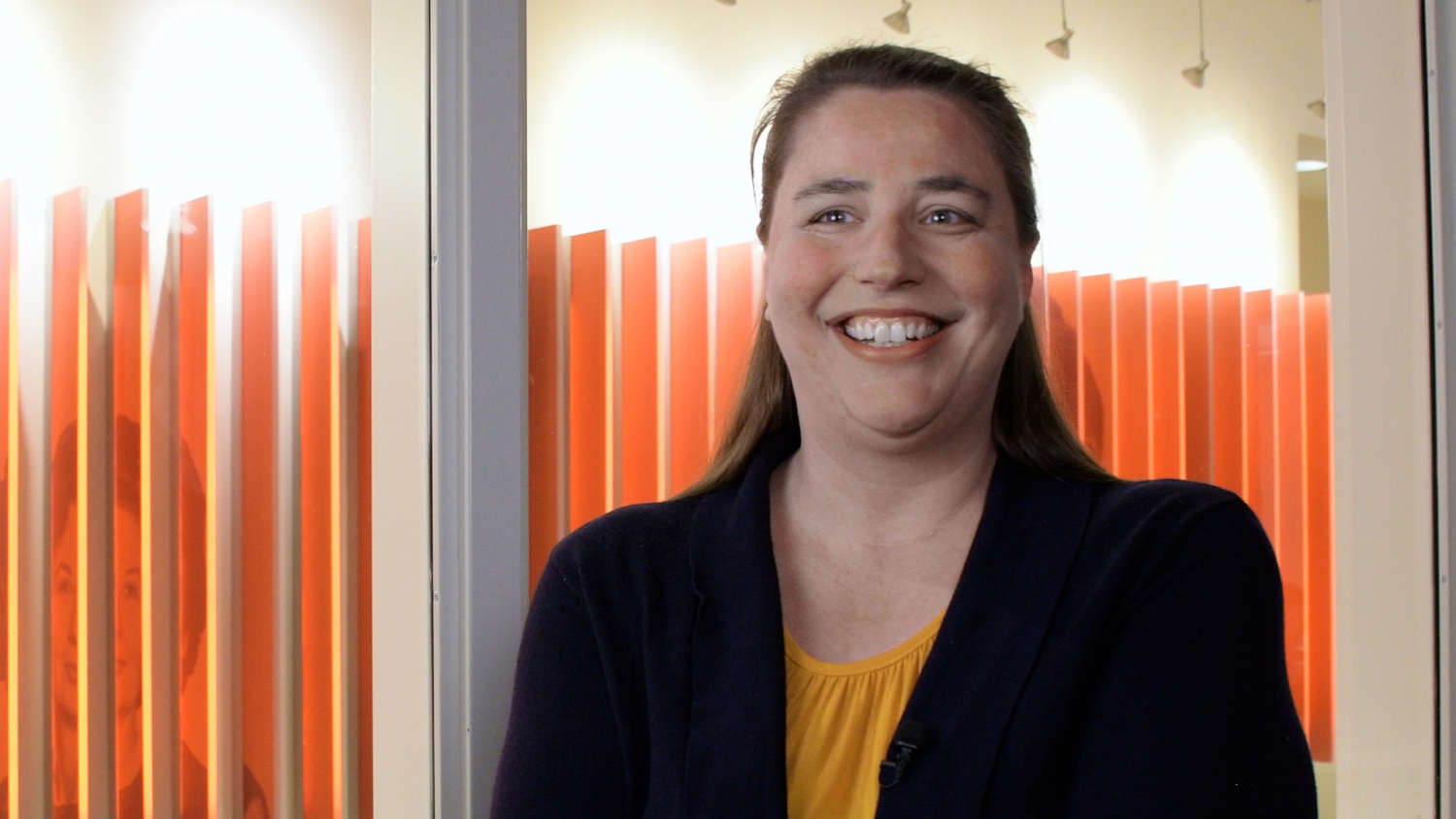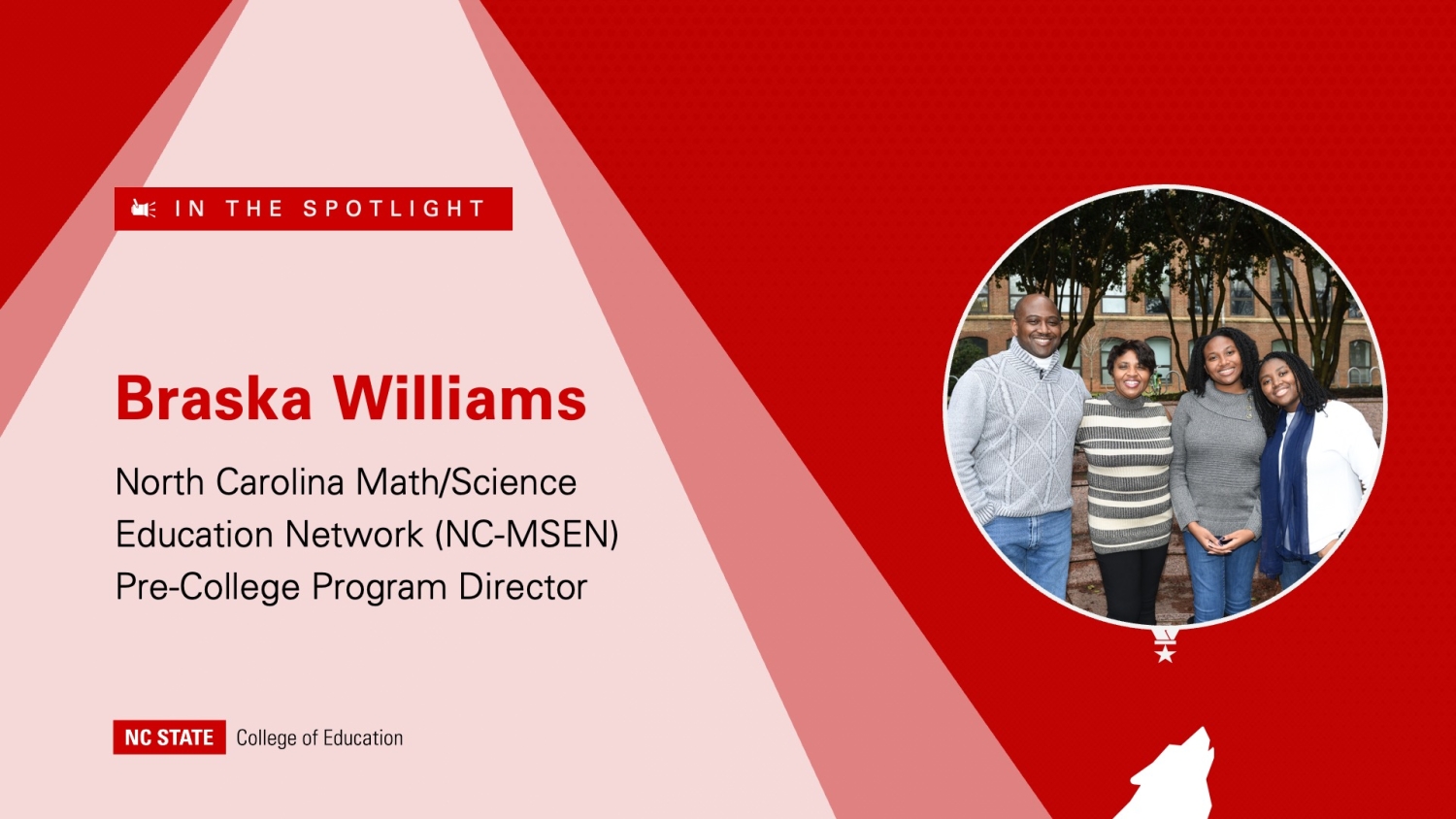Two College of Education Projects Receive Funding from NC State’s University Foundation Grants Program

Two projects led by NC State College of Education faculty have been selected to receive University Foundation Grants from NC State University.
The University Foundation Grant program aims to provide funding for new and innovative programs or initiatives that enhance the quality of the undergraduate and graduate experiences at NC State. Proposals selected to receive funding through the competitive process have a demonstrable effect on students and high potential for replication in the future.
“The Collaborative Leadership Seminar for School Counseling and Educational Leadership Trainees,” led by Assistant Professor of Counselor Education Rolanda Mitchell and Associate Professor of Educational Leadership and Policy Lisa Bass, will receive $50,000 in funding over two years.
“Fostering Learning, Identity, and Participation within Science, Technology, Engineering, and Mathematics (FLIP-STEM),” led by Associate Professor of Mathematics Education and Special Education Jessica Hunt, along with Friday Institute for Educational Innovation Executive Director and Associate Dean for Translational Research Krista Glazewski; Friday Institute Research Scholar Amy Walter; Data Science Academy K-12 Data Science Coordinator Taryn Shelton; Data Science Academy Director Rachel Levy; and NC-MSEN Pre-College Program Director Braska Williams, will receive $49,403 in funding over two years.
Learn more about these two projects below.
The Collaborative Leadership Seminar for School Counseling and Educational Leadership Trainees
A seminar course that will be developed through the University Foundation Grant, The Collaborative Leadership Seminar will engage students in experiential learning activities, including case studies and field experiences, that are designed to increase their cognizance of professional roles, instill the value of collaboration and prepare them to create effective partnerships in the field.
Using the evidence-based Culturally Affirming Shared Leadership Framework model for collaborative leadership, the seminar course will allow practicing and pre-service educational leaders and school counselors to engage in dialogue related to more efficient and effective delivery of mental health services to students and teachers.
Participants will also have opportunities to hear from guest speakers and specialists, engage in professional development opportunities, participate in the development of educational models to use with future counseling and educational leadership cohorts and attend weekend retreats with targeted instruction on key topics and ideas.
“This project has the potential to impact students in both Counselor Education and Educational Leadership programs at NC State, as students will gain collaborative leadership skills to jointly mitigate the current mental health crisis present in U.S. schools,” Mitchell said. “As we pilot our seminar at NC State, K-12 schools and the surrounding districts will benefit from students who incorporate the knowledge they acquire during the seminar into their current and future work in their local schools.”
Fostering Learning, Identity, and Participation within Science, Technology, Engineering, and Mathematics (FLIP-STEM)
One of three Interdisciplinary Research Hubs created as part of the College of Education’s Strategic Plan: 2023-2030, FLIP-STEM is working with middle and high school students to design technologies that empower them to see themselves in STEM fields and engage in the challenges facing their communities.
The additional funding received through the University Foundation Grant will enable the hub to partner with the North Carolina Math/Science Education Network (NC-MSEN) Pre-College Program and provide design-justice-infused data science experiences for students and teachers through weekend workshops hosted in collaboration with the NC State Data Science Academy.
Building on those experiences with students and teachers, the project team will extend their work into rural communities through place-based, expanded weekend day camps during the second year of funding.
“The camps will connect our hub principles and data science with local programs and strengths,” Hunt said. “Designing with – as opposed to for – students, we will plan expanded programming that connects data science to personally, locally and culturally relevant questions.”
As part of their work on FLIP-STEM, the project team has recently begun building partnerships with two rural school districts and has been conducting focus groups with students and teachers to adopt design processes for their work that will reflect a commitment to centering student and teacher voices in the design of community solutions.
- Categories:


